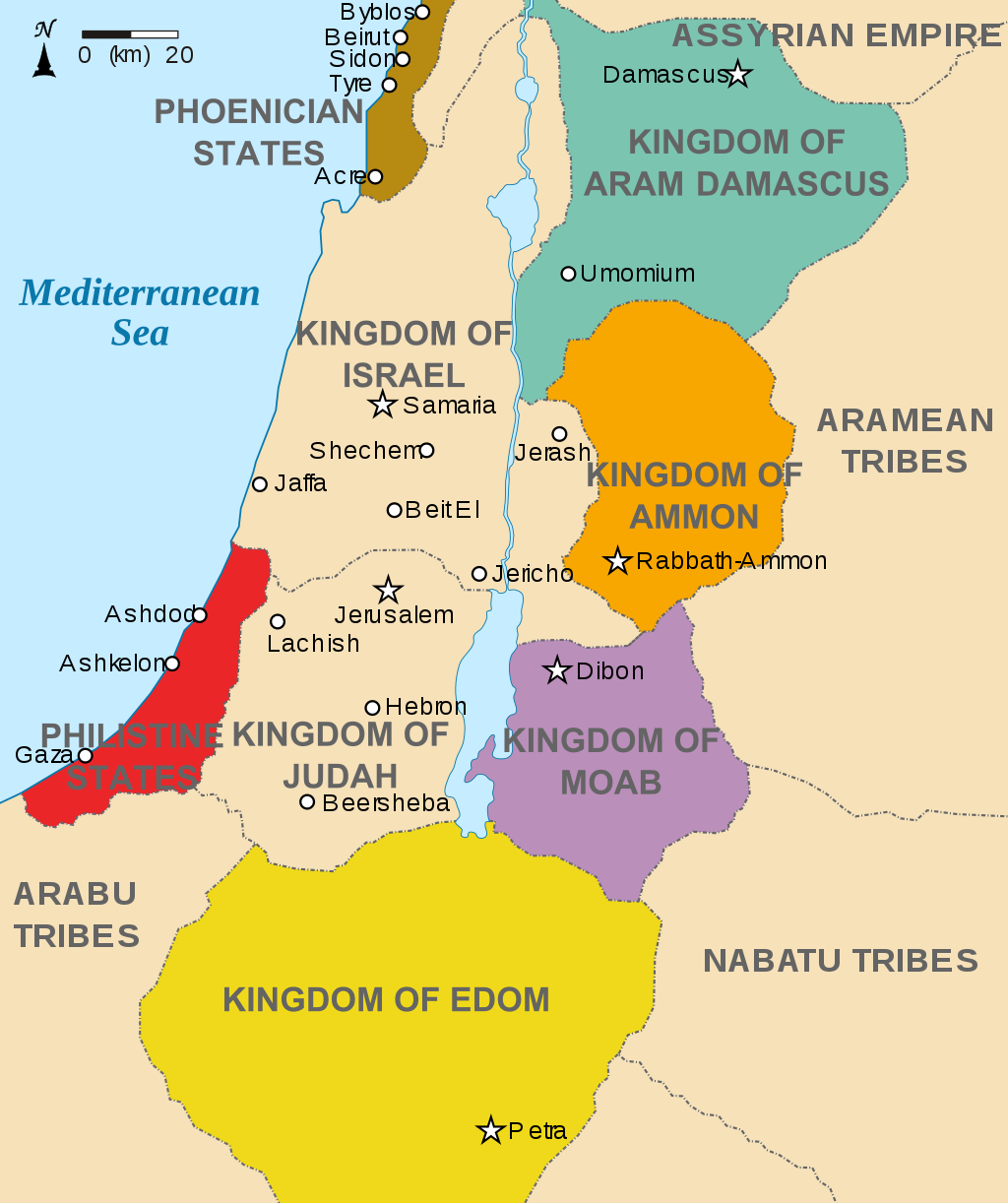What is…
Petra
also known as: Sela or Selah (Hebrew for “rock”), Joktheel, The Rock (Judges 1:36 KJV), Raqēmō (or Rekeme) (its ancient Nabataean name, spelled rqmw or rqm in inscriptions), Arabia Petraea (Roman name)
Greek: Πέτρα —meaning: rock
This is an ancient city now located in Jordan’s Petra Archaeological Park. It is located in the Biblical areas of Hor and Seir, and is also known as the stronghold of the Edomites and the rock city of the Edomites.
The name Petra is a Greek word meaning “rock.” The name “Petra” is not used in Scripture for this place, it is referred to by other names such as Sela or Selah (Isaiah 16:1 and Judges 1:36).
The Edomites are descendants of Esau (aka Edom), son of Isaac, grandson of Abraham.
The Edomites occupied this area before the Nabateans, and built a water reservoir here which made Petra popular with traveling merchants and caravans. It became a well known place for trade in incense, spices, wines, olive oil and wood.
The Jewish historian Josephus (ca. 37–100 AD) writes that the region was inhabited by the Midianites during the time of Moses, and that they were ruled by five kings, one of whom was Rekem. Josephus mentions that the city “ranks highest in the land of the Arabs” and was still called Rekeme by all the Arabs of his time, after its royal founder. 1
Petra is a rose-red city with many of its structures carved in its cliffs walls. It was built possibly as early as the 5th century BC. 2
Archaeology has shown that people have lived near this site since very ancient times, not long after the worldwide Flood. It flourished in the 1st century AD, when its Al-Khazneh structure (“Treasury”) was constructed, and its population peaked at an estimated 20,000 inhabitants. It was conquered by Rome in 106 AD and renamed Arabia Petraea. A later earthquake 363 AD destroyed many of its buildings. It became unknown to the western world until 1812 when Johann Ludwig Burckhardt rediscovered it.
Ancient Petra is now a World Heritage Site located in southern Jordan.
- Ancient Jewish historian Flavius Josephus (born Yosef ben Matityahu), Antiquities of the Jews, iv. 7, 1; 4, 7.
- Iain Browning, Petra, Chatto & Windus (London: 1973, 1982), p. 15.
More information



 What are the CITIES OF THE BIBLE? Names, descriptions, locations and types
What are the CITIES OF THE BIBLE? Names, descriptions, locations and types